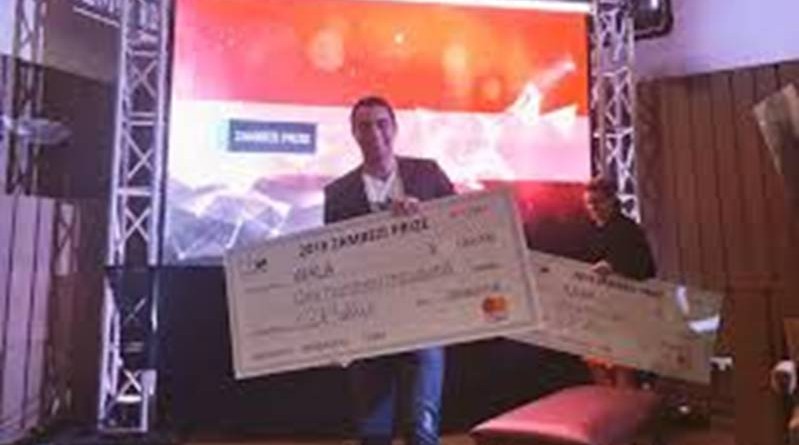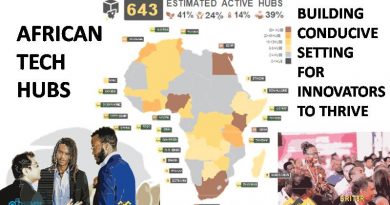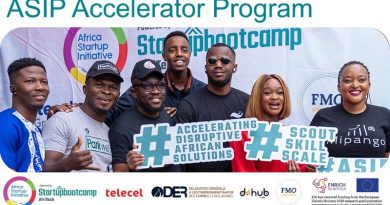South African startup Wala Awarded 2018 Zambezi Prize for Innovation in Financial Inclusion
The Legatum Center for Development and Entrepreneurship (http://Legatum.mit.edu/) at the Massachusetts Institute of Technology (MIT), with support from the Mastercard Foundation (https://MastercardFdn.org/), has named South African startup Wala (https://getWala.com/) as the grand prize winner of the 2018 Zambezi Prize (http://Zambezi.mit.edu/) for Innovation in Financial Inclusion. The announcement came during the Open Mic Africa Summit (https://Zambezi.mit.edu/
Wala is a mobile financial platform geared toward consumers operating outside the formal financial system. Using a blockchain system, it enables zero-fee, instant, borderless micro-payments for emerging market consumers. Through the Wala platform, users receive a cryptocurrency wallet and can access transactional banking, remittances, loans, and insurance.
Wala was chosen from among 10 finalists (http://bit.ly/2LFj1nk) for the Zambezi Prize. All of them joined leaders from the MIT and African tech ecosystems for the 2018 MIT Open Mic Africa Summit (https://Zambezi.mit.edu/
The seven remaining finalists won US$5,000 each. They are Apollo Agriculture (https://ApolloAgriculture.
An additional US$5,000 will be awarded to an African entrepreneur—to be named later this year—who has demonstrated great leadership in unifying Africa’s tech ecosystem.
“Innovators like Wala and the other Zambezi finalists are vital to driving a more inclusive prosperity”, said Georgina Campbell Flatter, the Executive Director of the MIT Legatum Center. “We’re excited to work with them.”
“We are immensely proud to support the Zambezi Prize,” said Ann Miles, Director of Thought Leadership and Innovation at the Mastercard Foundation. “It shines a bright light on the creativity and talent of Africa’s young people, and the thinking they bring to financial inclusion. This is making real differences in the lives of poor people on the continent.”
All 10 Prize finalists will attend the Zambezi boot camp on the MIT campus during the MIT Inclusive Innovation Challenge (IIC) (https://www.
Past Zambezi finalists include Kifiya (http://www.Kifiya.com/), PlusPeople (http://www.PlusPeople.co.ke/)
The Zambezi Prize and the Open Mic Africa tour are pillars of the Legatum Center’s Africa Strategy – a global vision to leverage MIT’s ecosystem to improve lives through principled entrepreneurial leadership. The Legatum Center’s Africa strategy is also a core component of the MIT-Africa (https://Africa.MIT.edu/) initiative which encompasses the Institute’s global priority (http://bit.ly/2wwOhPF) for collaboration with the continent.
Ali Diallo, Global Programs Manager at the MIT Legatum Center, emphasized the scale of collaboration necessary to execute initiatives like Open Mic Africa and the Zambezi Prize. “We’re especially grateful to the Zambezi Prize Board, our global ecosystem collaborators, and the 40 African tech leaders who served as Zambezi judges and whose dedication to entrepreneurship and financial inclusion helped us discover this new generation of innovators”.
For more information on the Zambezi Prize and on the 2018 Open Mic Africa Summit in Nairobi, visit http://www.Zambezi.mit.edu/ or contact the MIT Legatum Center at [email protected].




